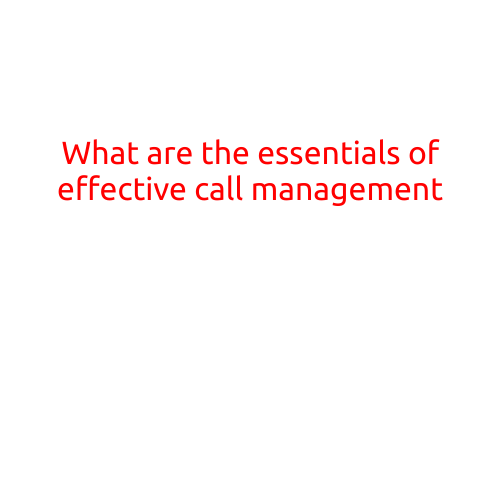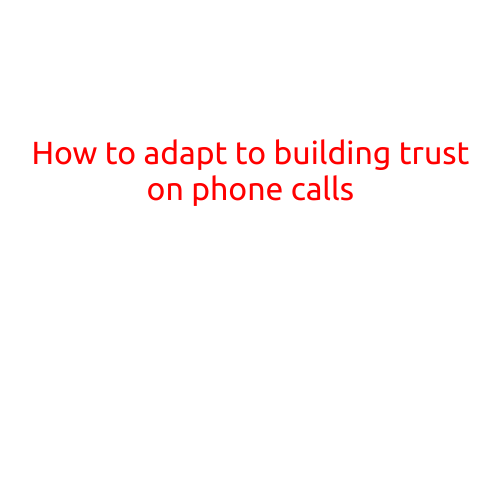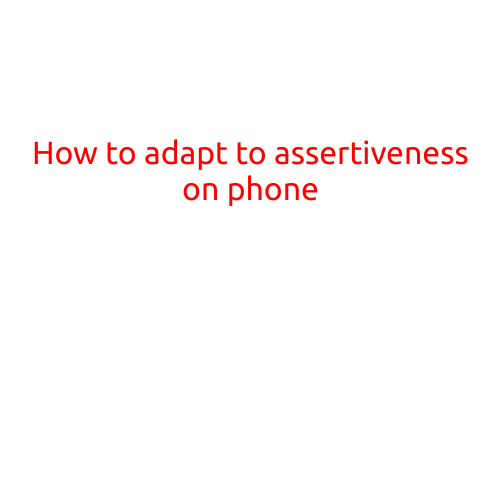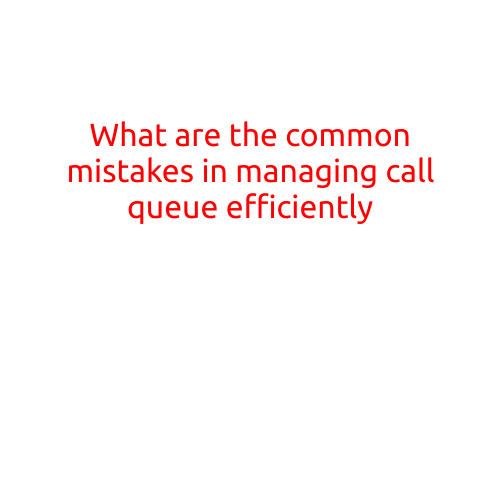
What are Strategies for Dealing with Angry Callers?
Dealing with angry callers can be a challenging task, especially in today’s fast-paced and often stressful world. Whether you’re a customer service representative, a salesperson, or a professional working in a call center, it’s essential to develop effective strategies for handling difficult conversations.
1. Stay Calm and Composed
One of the most critical strategies for dealing with angry callers is to remain calm and composed. When callers detect emotions such as frustration or anger, they often become even more agitated, leading to a negative cycle. By keeping your cool and using a gentle tone, you can help to diffuse the situation and create a more constructive dialogue.
2. Listen Actively
Active listening is a powerful tool for resolving conflict. When a caller is angry, they often feel heard and understood when you listen carefully to their concerns. Repeat back what you’ve heard to ensure you understand their issue, and ask clarifying questions to gain a better understanding.
3. Acknowledge Their Frustration
Acknowledging the caller’s frustration can go a long way in calming them down. You can say something like, “I can understand why you’d feel frustrated in this situation.” This shows empathy and understanding, which can help to reduce tension.
4. Apologize and Take Ownership
When a caller is angry, they often feel like their problem has been caused by your company or service. An apology can help to diffuse tension and show that you’re committed to resolving the issue. Take ownership of the problem and apologize explicitly, but make sure it’s accompanied by a clear explanation of what happened.
5. Focus on the Solution
Once you’ve acknowledged the caller’s frustration and apologized for the problem, it’s time to focus on the solution. Gently guide the conversation towards finding a resolution, and provide clear information about what you’re going to do to fix the issue.
6. Empathize Without Taking Sides
As a representative, it’s essential to maintain a neutral tone and avoid taking sides. Empathize with the caller’s feelings and concerns, but avoid making value judgments or taking their side. Remember, your goal is to resolve the issue, not to win an argument.
7. Use Positive Language
Using positive language can help to shift the conversation away from negativity and towards a more constructive dialogue. Instead of saying, “We can’t do that,” say, “Let me see what we can do to help you.”
8. Take a Break if Necessary
In some cases, a caller may become so aggressive or abusive that it’s essential to take a break. Don’t be afraid to say, “I understand this is a difficult conversation, but I need to take a moment to calm down.” This shows that you’re committed to resolving the issue, but you also need to prioritize your own well-being.
9. Follow Up
After the call, it’s essential to follow up with the caller to ensure that the issue has been resolved to their satisfaction. This shows that you’re committed to providing excellent customer service and care about the caller’s experience.
10. Debrief and Learn
Finally, after the call, take a moment to debrief and learn from the experience. Ask yourself what you could have done differently and what strategies worked well. Use this information to improve future interactions with angry callers.
By incorporating these strategies into your daily practice, you’ll be better equipped to handle angry callers and provide exceptional customer service, even in challenging situations. Remember to stay calm, listen actively, and focus on finding a solution to resolve the issue and maintain a positive relationship with the caller.





